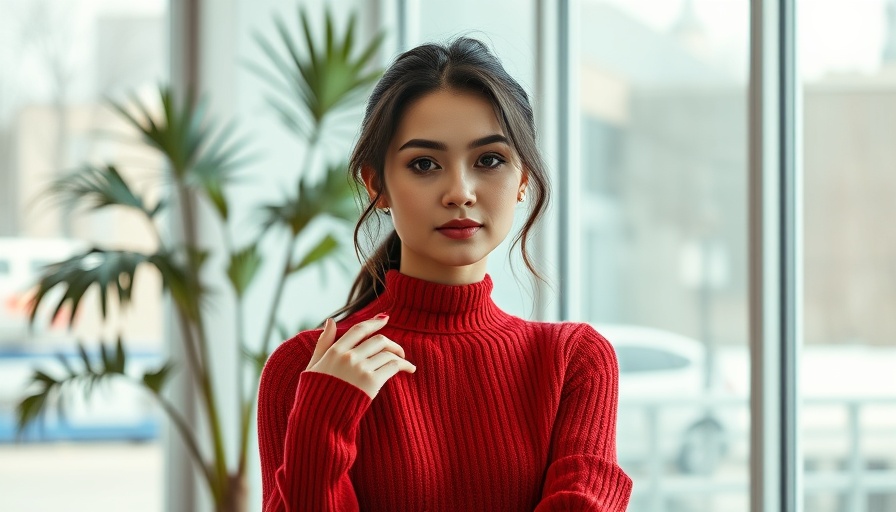
Freight Industry Transformation: Navigating New Challenges and Opportunities
The freight industry is undergoing a significant transformation, a reset brought on by a confluence of factors that business owners, operators, and managers need to understand. Recent shifts in global trade dynamics, technology advancements, and an increasing emphasis on sustainability are redefining how logistics operate in the modern marketplace.
Global Trade: Evolving Landscapes
Global trade is transitioning from a seamless operation to one characterized by regional focuses and strategic sourcing. With tariffs and trade tensions on the rise, businesses are reconsidering their supply chain strategies, opting for nearshoring—the process of moving production closer to home—to mitigate risks and optimize efficiency. This shift is fundamentally changing how companies operate, prioritizing stability over cost at a time when the landscape feels unpredictable.
Capacity Dynamics: A Double-Edged Sword
The freight industry's capacity landscape has flipped dramatically. The supply chain woes of 2021 and 2022 are a distant memory, as an oversupply of shipping capacity has led to rapidly declining rates. While this scenario benefits shippers, it presents significant challenges for carriers struggling to maintain profitability. Understanding these capacity trends will be crucial for operators looking to navigate this volatile environment effectively.
The Digital Revolution: Tech Becomes Indispensable
As digitization sweeps across the freight industry, advanced technologies are no longer optional but necessary tools for navigating today’s complexities. From AI-driven analytics to comprehensive digital platforms, shippers can now optimize operations like never before. Smaller companies are leveraging these technologies, disrupting the traditional hierarchy of the industry. Predictive analytics can anticipate truck failures or adverse weather conditions, empowering businesses to act proactively rather than reactively. This tech-driven landscape enhances competitiveness and improves overall service delivery.
Sustainability: The New Mandate
Sustainability has gained precedence as both consumers and investors increasingly demand greener logistics options. The freight sector, which is responsible for a significant portion of global CO2 emissions, faces mounting pressure to reduce its environmental impact. Regulatory bodies are enforcing stricter emissions standards, while collaborations among businesses are focusing on sustainable practices. Understanding and adapting to these shifts not only aligns companies with market expectations but also positions them favorably within the logistics space as green logistics becomes integral to business strategy.
What This Means For Your Business
For business owners, operators, and managers, these changes present both challenges and opportunities. Adapting to a regional focus in trade strategies, navigating capacity fluctuations, embracing technological advancements, and prioritizing sustainability can all contribute to a robust operational strategy. As the freight industry continues to change, proactively adapting to these elements will be key to maintaining a competitive edge. The freight business is indeed shifting beneath our feet, and it’s essential to stay informed and agile.
Are you ready to navigate this new landscape? Get Help Selecting a Preferred Provider to find the right solutions tailored to your needs.
 Add Row
Add Row  Add
Add 




Write A Comment